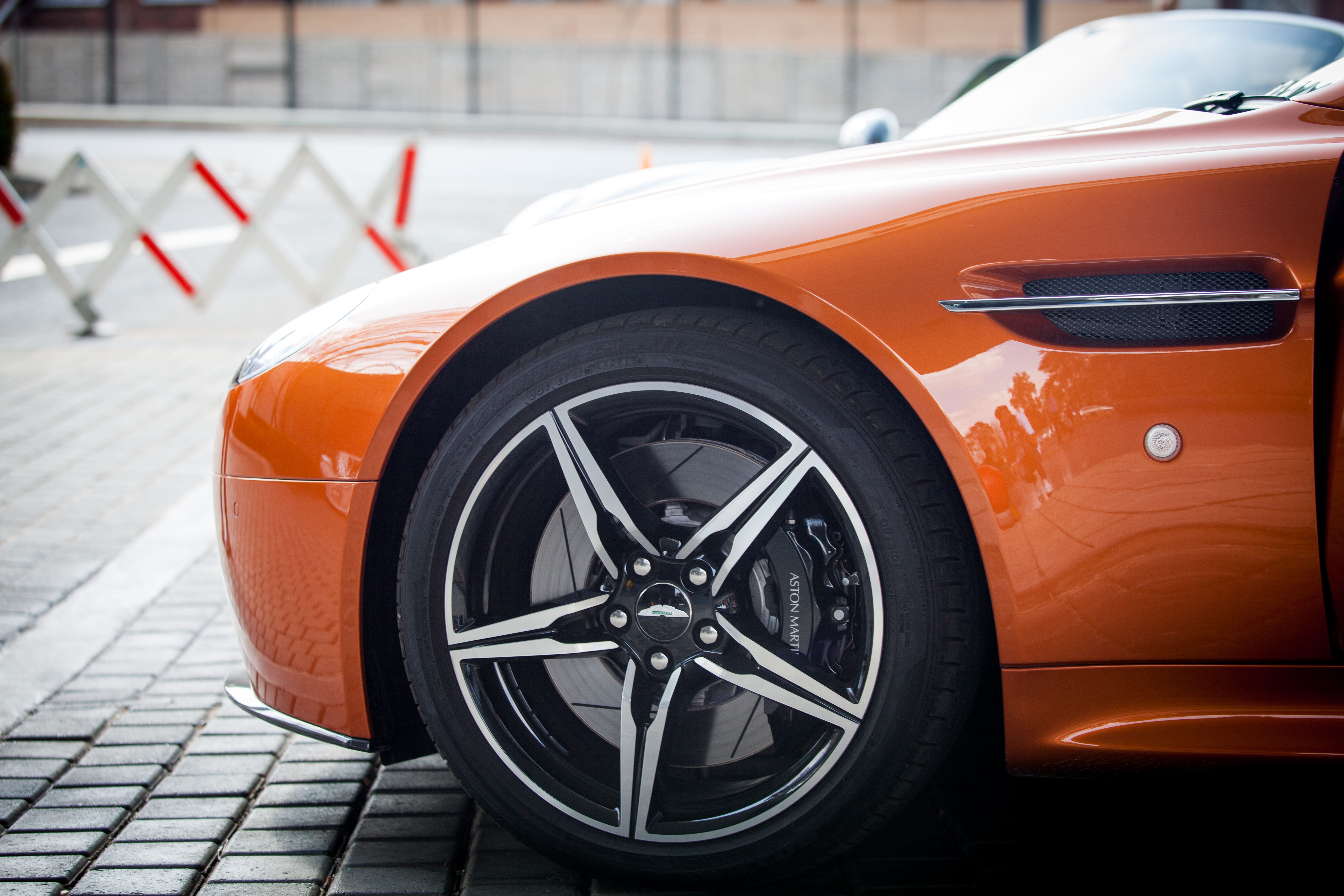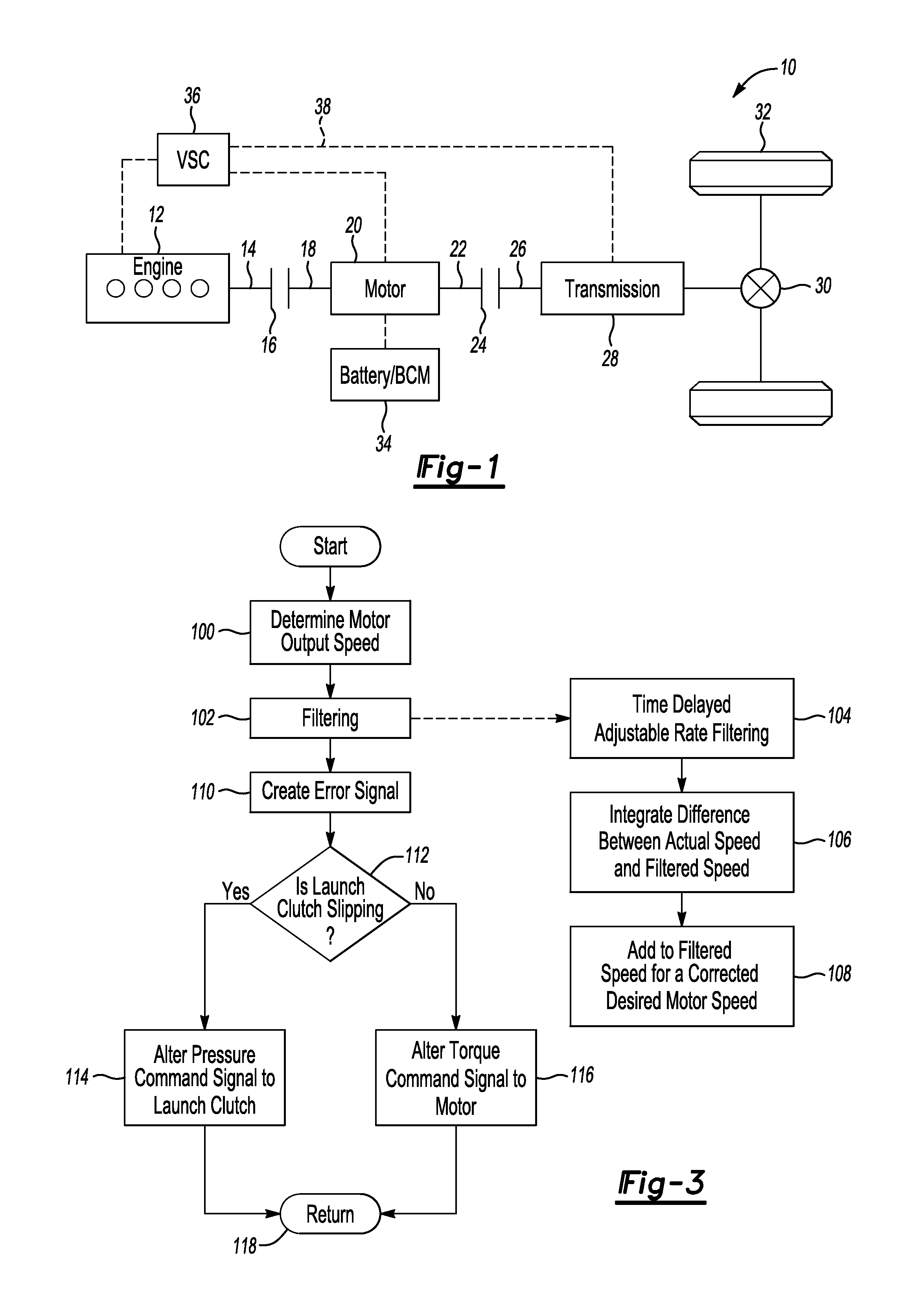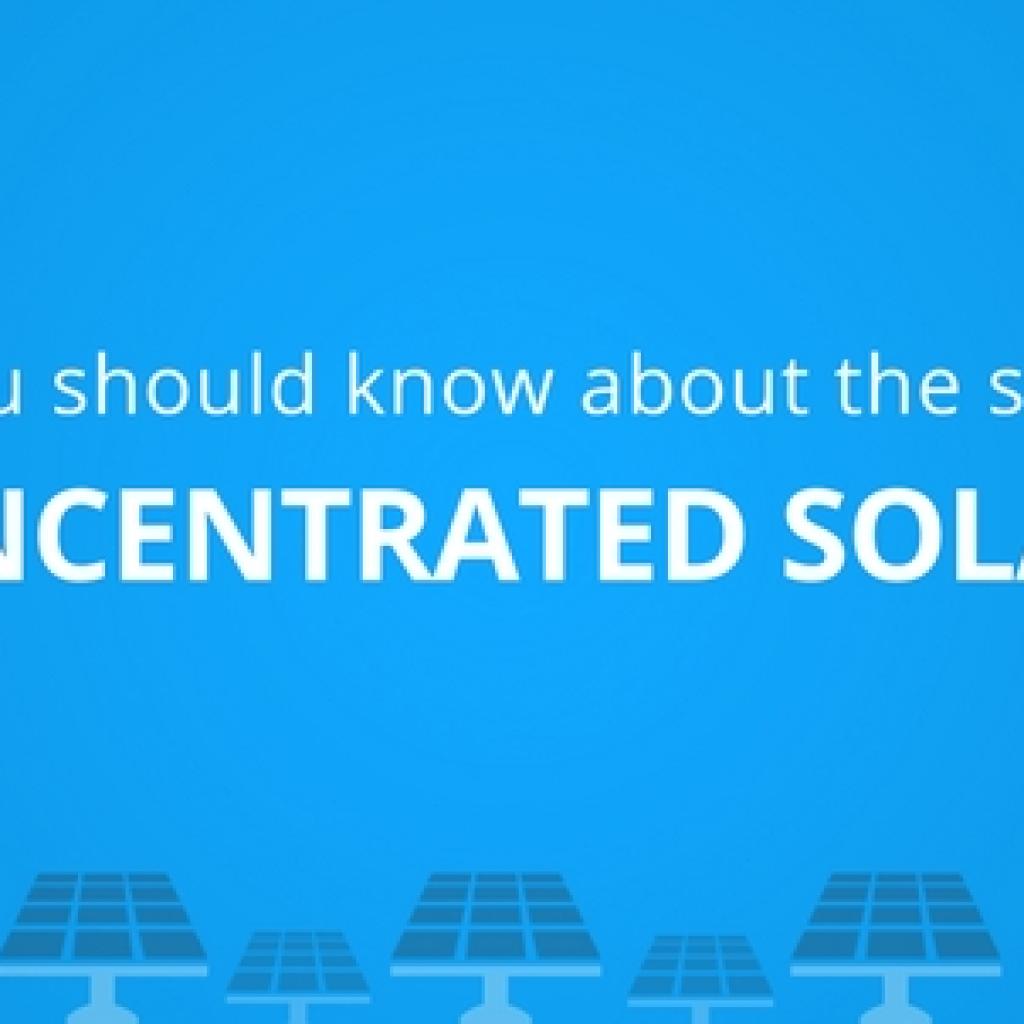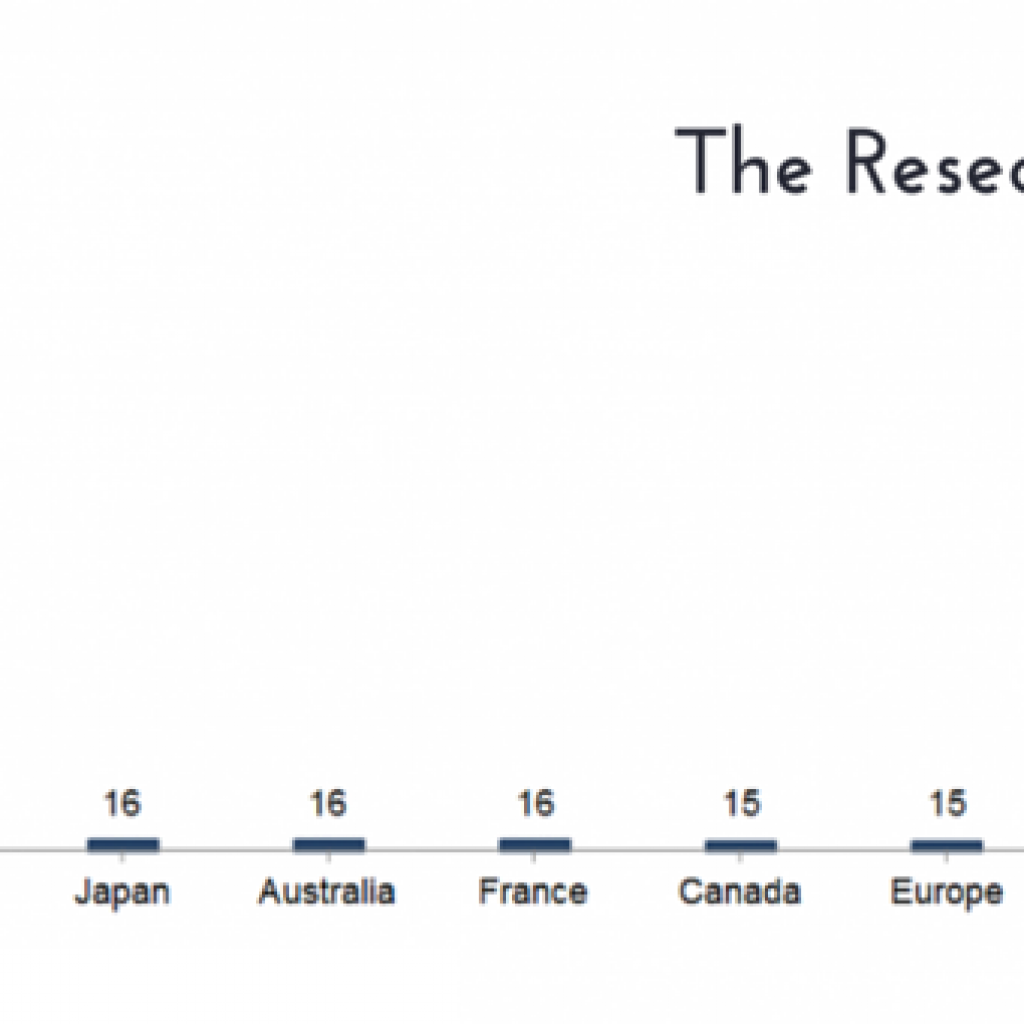An energy recovering mechanism, introduced in the early 1900s, Regenerative brakes, differ highly from their counterpart conventional brakes, as when applied, the kinetic energy is converted into another form of energy(electricity), which could be either stored or used immediately, instead of being wasted in form of heat(as latter does).
Environmental-friendly? Hell Yeah.
Market Projection- Looks good.
According to a report by Allied Markets, the market for regenerative braking systems which was valued at USD 3 Billion in 2015, is projected to reach USD 55.18 Billion by 2022, at a CAGR of ~40%, a pretty impressive number.
But not all are good.
While regenerative brakes returned with their full glory, there are still certain issues that need to be curbed. One of them being Driveline Oscillations, which had been bothering researchers around the globe and is a hot research topic for which multiple solutions are being proposed.
Also Read: The Innovative Solution to Prominent Problems of Wireless Charging
What causes Driveline Oscillations?
You see, normally, there are two types of brakes available in EV/HV, regenerative brakes, and hydraulic/friction brakes.
Depending on the speed, the criticality of the situation, pressure on the brake pad, the response time of anti-lock braking, the storage capacity of a battery, battery failure- the brakes are utilized interchangeably.
While switching among conventional and regenerative braking, one major issue that arises is vibration, terminologically referred to as driveline oscillations.
Driveline oscillations also occur while shifting to acceleration from regenerative braking or vice-versa, shifting gears, starting the engine, engagement/disengagement of clutches.
A real problem. Ever wondered why?
Innovative Solutions to Solve Driveline Torque Problem
Though there are in existence, multiple research papers each highlighting a solution to damp driveline oscillations and curb the issue, in our experience, we have found that patents could serve as the best source to find innovative solutions for a problem, as companies normally try to invest in protecting their solutions that have a great ROI. Patents are a great source to find quick solutions to the problem if you are stuck somewhere. It’s like a collective intelligence of humankind.
Recently, we found some amazing solutions to solve the thermal runaway problem that causes an explosion in Lithium-ion batteries. One of them includes damage initiating device (Quite an Irony, ain’t it?). If you’d like to deep dive, click here- I want to stop Li-ion batteries from exploding!
Coming back to the problem, we found a bunch of patents that present innovative solutions to solve the driveline oscillation problem. Among that group, three recent patents filed by Ford Technologies stood out to us, each presenting a unique solution to curb the problem.
Solution one: Introducing a Torque Controller
According to this patent filed by Ford, one way to tackle the issue would be by operating the vehicle in a speed control mode during a transition from regenerative braking to a positive driveline torque. This, in turn, results in reducing gear tooth to gear tooth impact.
They have also introduced a torque converter through which torque is delivered to the driveline. Consequently, the delivered torque becomes dependent on torque converter impeller speed and torque converter turbine speed. Controlling impeller speed and turbine speed, it is further possible to reduce the lapse in driveline torque.
Solution Two: Modifying Clutch Pressure
According to this patent, the driveline oscillation could be reduced by modifying clutch pressure in response to activation or deactivation of the regenerative braking system.
This method for controlling a vehicle having a traction motor selectively coupled by a clutch to a driveline includes modifying the clutch pressure in response to a difference between a rotational speed of a driveline component and a filtered rotational speed of the driveline component to reduce driveline oscillations.
Further, the clutch may be disposed of between the traction motor and a transmission and the method may include modifying the clutch pressure only when the clutch is unlocked or slipping. The clutch may be integrated within an automatic transmission.
Solution Three: Introducing an Electric Machine
This patent discusses the concept to provide driveline braking via an electric machine while rotation of an engine is stopped. and adjusting the torque of the electric machine in response to a condition of the engine.
By adjusting the torque, it becomes possible to provide an amount of regenerative braking equivalent to an amount of engine braking provided by the engine. In other words, negative torque is adjusted to mimic negative torque of an engine during engine braking so that the vehicle may transition from regenerative braking to engine braking in a seamless manner and driveline oscillation is reduced.
Pretty Innovative. And there’s more to it.
If you’re a researcher working on HV/EVs and driveline oscillations is a pain in your neck, we have a bunch of solutions that could curb the issue. Let’s discuss-

PS: If regenerative braking is your research domain and you’re looking for solutions to any of the problems in the area, not limited to those mentioned below, do reach out to us. We can be a great help.
- How to overcome software challenges in designing an efficient brake force to electricity conversion?
- How can regenerative braking also be applied to non-electric, non-hybrid vehicles?
- How to increase the regenerative braking force sufficiently so that the need for hydraulic breaking can completely be eliminated?
- How to improve the performance of regenerative braking at low speed?
Authored by: Arindam Som, Group Manager, Operations.
Recommended Read: When you’re a researcher working umpteen hours trying to find a solution to a problem, testing method after method, putting to practice everything you ever learned, and still meeting failure- It might cross your mind to give up, maybe scream out loud- There is no solution to this problem. Here’s something for you- Don’t give up just yet, Success isn’t far away. It’s the law of averages at work. Read more about it here.











